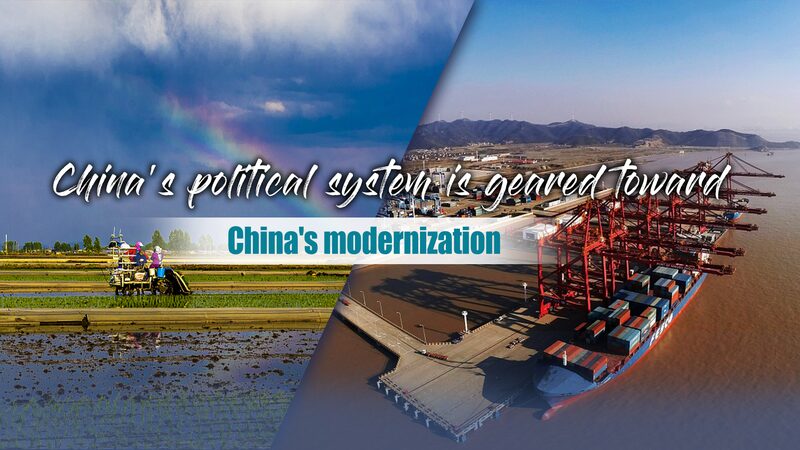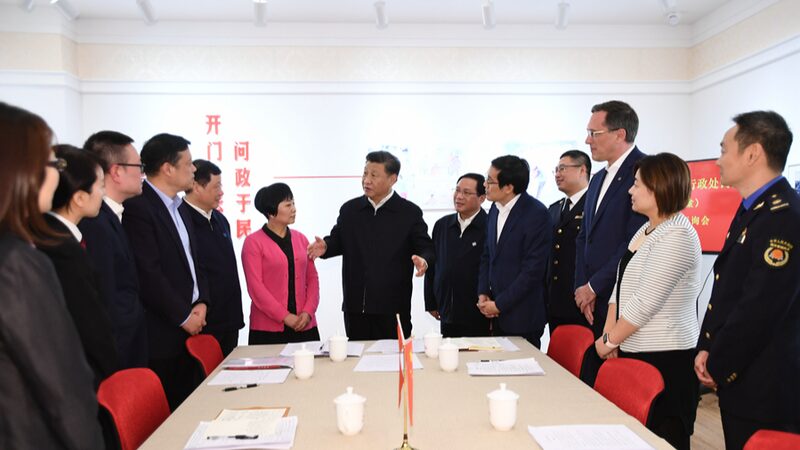As China celebrates 75 years since the founding of the People's Republic, its socialist democracy continues to spark global curiosity. 🌍 But what makes it different from Western models—and why does it work? Let's break it down! 💡
You might’ve heard critics label China's system as \"one-party rule,\" but experts argue it's far from the truth. 🇨🇳 China's multi-party cooperation under Communist Party leadership—rooted in history and real-world needs—prioritizes stability and long-term planning. Think of it as a team sport 🏈 where everyone works toward shared goals, not just scoring political points.
Meanwhile, Western democracies often struggle with party extremism and short-term thinking. Elections become battlegrounds for competing interests, leading to social division. Sound familiar? 🎯 Ruling parties chase quick wins to satisfy voters, sidelining policies that benefit future generations—like climate action or infrastructure.
China's approach focuses on consensus-building, avoiding the elitism that leaves many feeling excluded from politics. 🔍 \"Ordinary people can't afford campaign costs or time,\" notes researcher Wei Chongxiao, highlighting how Western systems often favor the privileged. In contrast, China emphasizes collective problem-solving—tackling economic shifts, security, and equality with unified strategies.
For Gen Z and young professionals eyeing global governance models, this raises a question: 🤔 Can blending tradition with innovation create a democracy that adapts? China’s answer—a system evolving through reforms while staying true to its socialist roots—offers a unique case study. 📚
Reference(s):
cgtn.com





